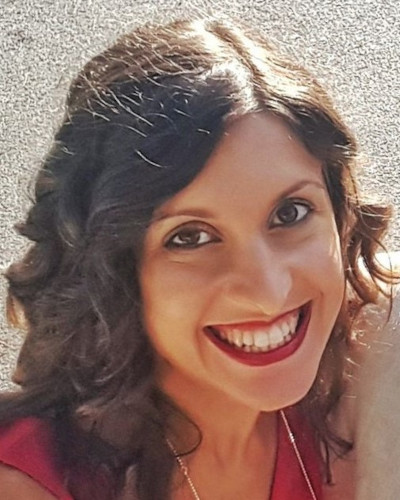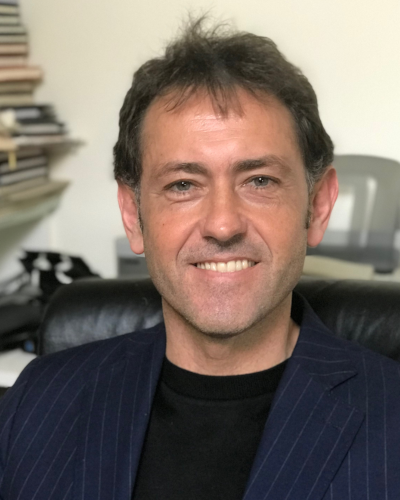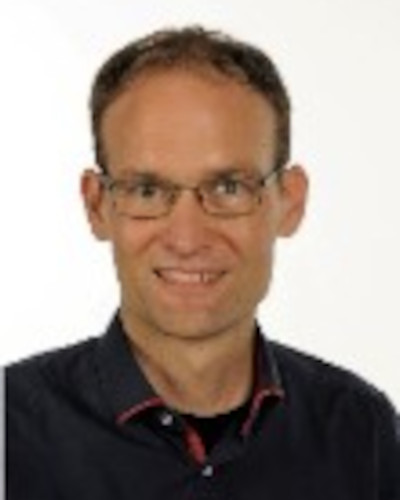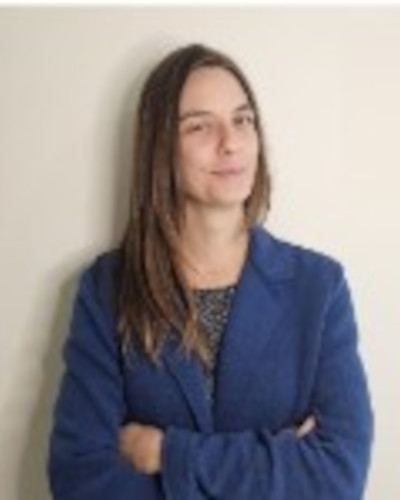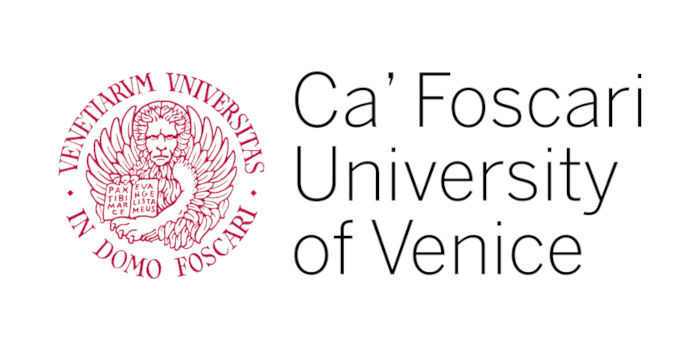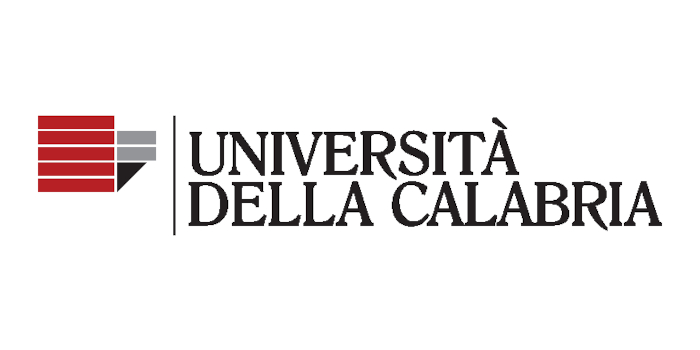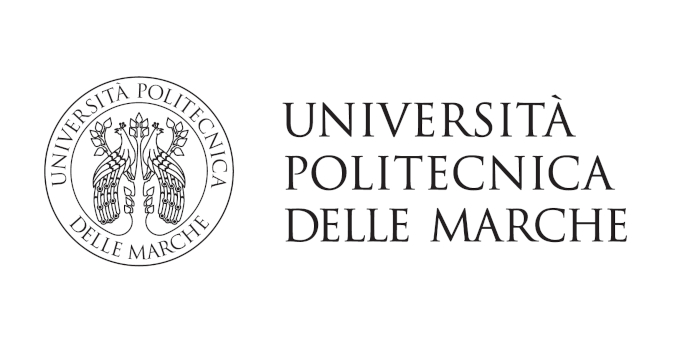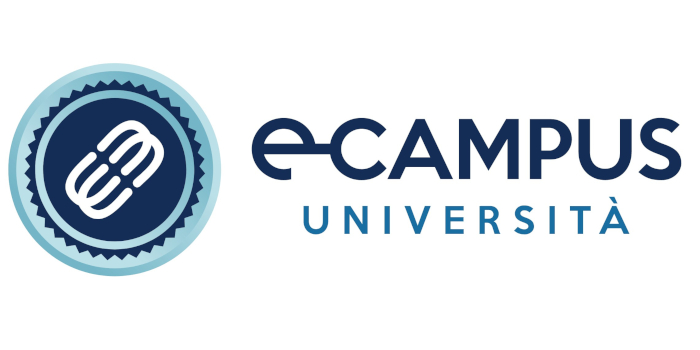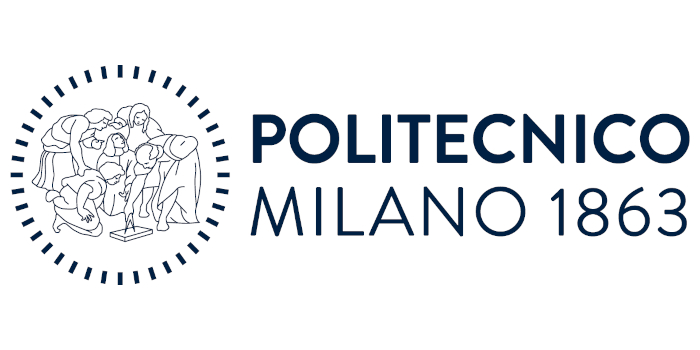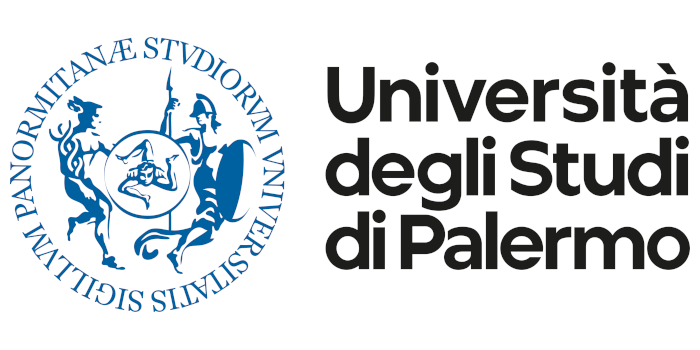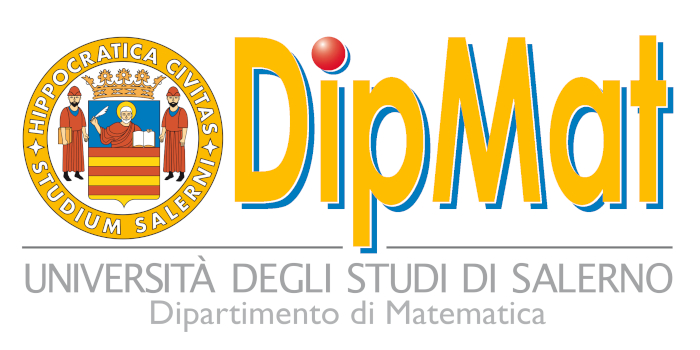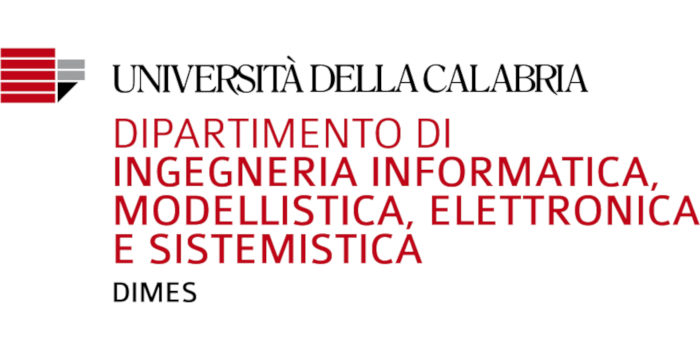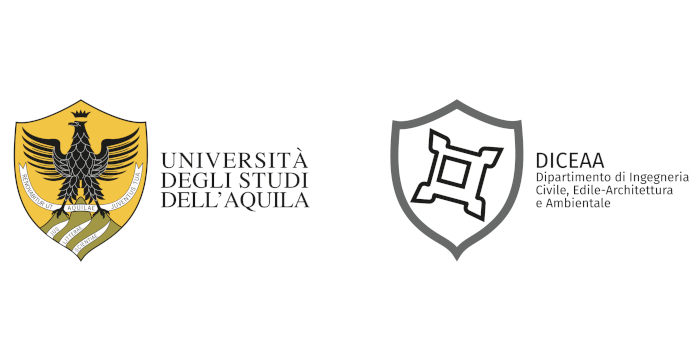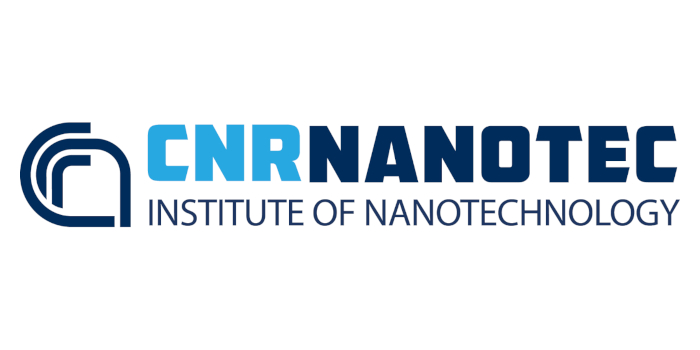SPECIAL SESSION #5
Measurement systems and strategies for the assessment of personalized comfort in the built environment: towards human-centric and resilient building management solutions
ORGANIZED BY
Gloria Cosoli
eCampus University, Italy
Marco Arnesano
eCampus University, Italy
Gian Marco Revel
University Polytechnic of Marche, Italy
Anna Laura Pisello
EAPLAB (Environmental Applied Physics Lab) at CIRIAF Interuniversity research centre. Department of Engineering University of Perugia, Italy
Francesco Scardulla
University of Palermo, Department of Engineering, Italy
Sara Casaccia
University Polytechnic of Marche, Italy
Marcel Schweiker
RWTH Aachen University
Rania Christoforou
RWTH Aachen University
Ilaria Pigliautile
Department of Theoretical and Applied Sciences, eCampus University, Novedrate, Italy
ABSTRACT
The assessment of personalized comfort in indoor environments is pivotal to optimizing energy consumption as well as promoting the dwellers’ well-being, productivity, and health. Sensing and digital solutions undoubtedly play a relevant role in this context, providing information exploitable for building management purposes. Physiological and environmental sensors (also in the form of wearable sensors) can be included in multidomain monitoring platforms able to capture an overall overview of the entire ecosystem formed by a building and related occupants. The analysis of the recorded signals is fundamental to extract meaningful features that can feed Artificial Intelligence (AI) models for classification and/or prediction purposes. Moreover, the measured quantities can enrich the Building Information Modelling (BIM), supporting the management of a building and the decision-making strategies, also with a view of enhancing the resilience of structures especially in case of emergencies (e.g., earthquakes, heatwaves, etc.). On another hand, this information can support the creation of personal comfort models (PCMs) that can be inserted in a feed-forward loop for building control purposes, considering aspects such as HVAC (Heating, Ventilation and Air Conditioning) and light regulation.
This Special Session aims to promote the latest research contributions in this research field. Original papers are invited to be submitted pointing out studies on the development of sensors, measurement procedures, and digital technologies dealing with the assessment of comfort in indoor environments as well as with innovative building management solutions.
This Special Session is organized in the framework of MULTICLIMACT project (GA n° 101123538), aiming at developing monitoring solutions to improve built environment and human resilience towards natural hazards, and of WEPOP (‘WEarable Platform for OptImised Personal comfort project) project (PRIN 2022 program, Prot. 2022RKLB3J), aiming at developing a multi-sensing platform to drive and control a personalized environmental ecosystem.
TOPICS
Topics of interest include but are not restricted to:
- Measurement procedures for comfort and well-being in indoor environments;
- Multi-purpose monitoring platforms for the built environment;
- Environmental and physiological sensors applied in the built environment;
- Innovative solutions to improve the built environment and its dwellers;
- Enrichment of BIM with data from multidomain sensors;
- Data processing techniques;
- Artificial Intelligence in processing data collected in the built environment;
- Development of PCMs;
- Automated control of HVAC and light conditions in the built environment;
- Uncertainty analysis in the assessment of comfort.
ABOUT THE ORGANIZERS
Gloria Cosoli received the B.S. degree in Biomedical Engineering (with honors) and the M.S. degree in Electronic Engineering (with honors) from Università Politecnica delle Marche (UNIVPM), Ancona, Italy, in 2011 and 2013, respectively. She received the Ph. D. degree in Mechanical Engineering from the same university in 2017 with a thesis titled “Study and Development of a Novel Radio Frequency Electromedical Device for the Treatment of Peri-Implantitis: Experimental Performance Analysis, Modelling of the Electromagnetic Interaction with Tissues and In Vitro and In Vivo Evaluation”. Since May 2024, she has been an Associate Professor at eCampus University. Her research interests focus on non-invasive physiological measurements and monitoring techniques, thermal and mechanical measurements, non-destructive monitoring techniques, numerical modelling, and signal processing.
Marco Arnesano, PhD in Mechanical and Thermal Measurements from Università Politecnica delle Marche, is an Associate Professor at eCampus University and Coordinator of Industrial Engineering courses (bachelor and master degrees). His research is focused on the development of innovative measurement systems for the built environment: energy and indoor environmental monitoring and control through the application of embedded and IoT sensors, physiological measurements, signal processing and data analysis. Research activities are conducted within European and National projects. He is the author of more than 60 peer-reviewed scientific publications for international journals and conference proceedings.
Gian Marco Revel is Full Professor in Mechanical and Thermal Measurement at Università Politecnica delle Marche, where he also plays the role of Rector Delegate for European Research. Main research interests are in the field of sensor and measurement technologies for industrial applications, with particular focus on the construction sector, building energy efficiency, in-field material characterization and non-destructive testing. He is Coordinator of the Material&Sustainability Committee of ECTP and Coordinator of the Italian Construction Technology Platform. He is author of more than 200 publications and Scientific Responsible for several projects (11 in H2020) in the area of technologies for Energy Efficiency and Materials in Buildings.
Anna Laura Pisello is full professor of environmental applied physics at University of Perugia, Italy where she founded the EAPLAB.NET (Environmental Applied Physics Lab Network), and visiting research associate at Princeton University (NJ, USA).
Dr. Pisello is author of over 150 scientific papers published in international peer-reviewed journals. She serves as an Associate Editor for "Solar Energy" (Elsevier) and as an Editor for "Energy and Buildings" (Elsevier) and "Nature Scientific Reports," among other roles.
She is an active member of the board of the Doctorate School of Energy and Sustainable Development, where she has mentored over 20 PhD students. She is also the Principal Investigator (PI) of the ERC Grant HELIOS.
Francesco Scardulla, MS in mechanical engineering, Ph.D. in technological innovation. Currently, he is an RTD-b of Mechanical and Thermal Measurements at the University of Palermo. His research is focused on thermal and mechanical measurements, development of measurement system, signal processing and data analysis aimed at different fields of engineering. Among other topics, his research is also focused on wearable technology, for biomedical applications.
In 2020 he is CEO and co-founder of Tripie, a spin-off that develops innovative wearable solutions to detect multiple cardiovascular parameters.
Sara Casaccia is assistant Professor of Mechanical and Thermal Measurements at the Department of Industrial Engineering and Mathematical Sciences (DIISM) of Università Politecnica delle Marche (UNIVPM). Her research focuses on sensors and measurement techniques for supporting people in living environments (e.g. comfort, wellbeing), data processing to extract complex information (e.g. using AI), sensors for health, buildings and industrial applications
Marcel Schweiker is a full professor leading the Chair of Healthy Living Spaces at RWTH Aachen University, Faculty of Architecture and the Healthy Living Spaces lab, which is embedded in the Institute for Occupational, Social and Environmental Medicine at the University Hospital RWTH Aachen in Germany. He received a degree in Architecture from the University of Kassel in Germany and then spend 4 years at the Tokyo City University in Japan, where he received a PhD in Environmental and Information Sciences in 2010. Until 2020, he was a researcher and lecturer at the Department of Architecture at the Karlsruhe Institute of Technology in Germany and received from there the postdoctoral lecture qualification (habilitation) in 2017. In parallel, he had a temporary professorship for Energy and Technology at the Faculty of Architecture, TU Kaiserslautern in Germany, between 2019 and 2020.
Rania Christoforou is a Post-doctoral researcher at the Healthy Living Spaces lab, which is embedded in the Institute for Occupational, Social and Environmental Medicine at the University Hospital RWTH Aachen in Germany. Her research interests include the bidirectional relationship between the built environment and psychopathology and how the built environment could promote human resilience under extreme weather conditions as an outcome of climate change. Rania Christoforou received a BSc (hons) degree in Psychology from the University of Bath in the UK and an MSc (hons) in Mental health studies from King’s College London. During her stay in the UK, Rania Christoforou worked at several hospitals both as a researcher (Addenbrooke’s Hospital – University of Cambridge) and as an assistant psychologist (Lambeth Hospital & Bethlem Royal Hospital). She received her PhD in Clinical Psychology in 2020 from the University of Nicosia in Cyprus and since then, she is focusing on her research interests.
Ilaria Pigliautile, Ph.D., is an Assistant Professor in Building Physic at the eCampus University (Italy). She is passionate about the existing mutual relationship between people and the built environment, at different scales: from deepening indoor comfort theories and occupants’ behavior affections, up to urban morphology and metabolism impact on the environment and citizens well-being. As a researcher, she is seeking valuable solutions leading our society towards the needed green transition supporting both technology advancements and people empowerment also in the energy market by promoting energy communities, among other experiences. Graduated cum laude in Building Engineering and Architecture at University of Perugia in 2015. PhD in Energy and Sustainable Development in 2020.


